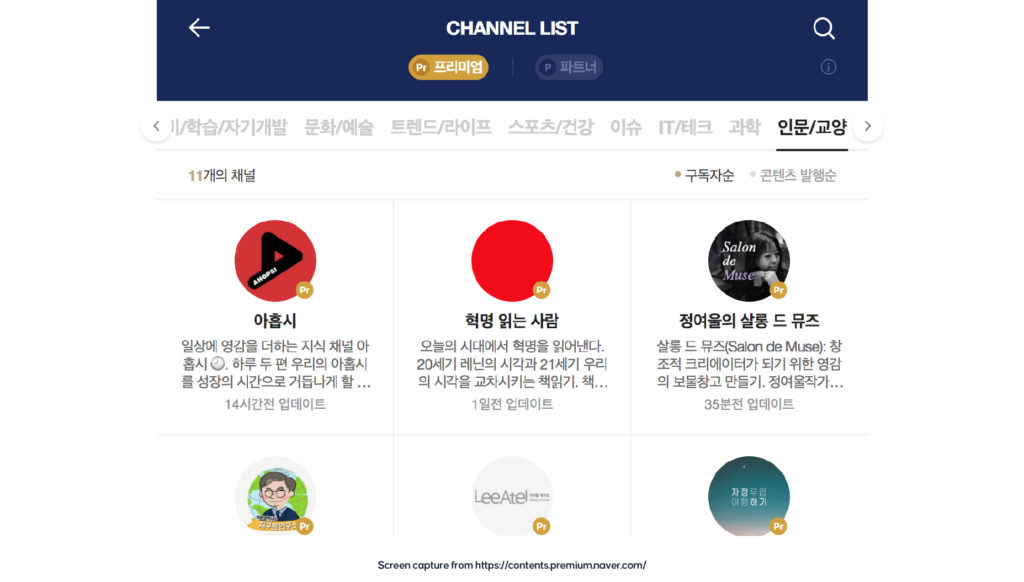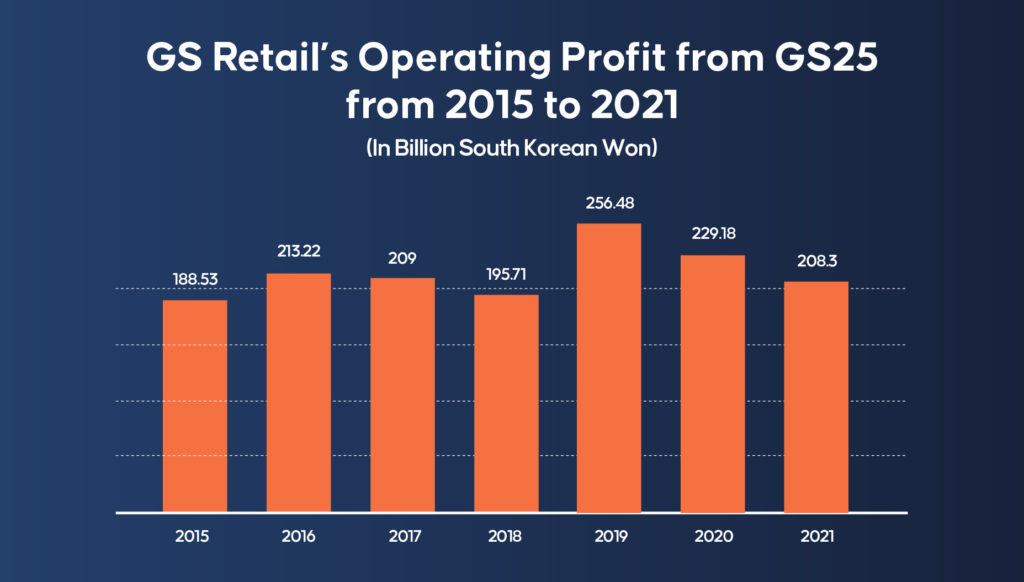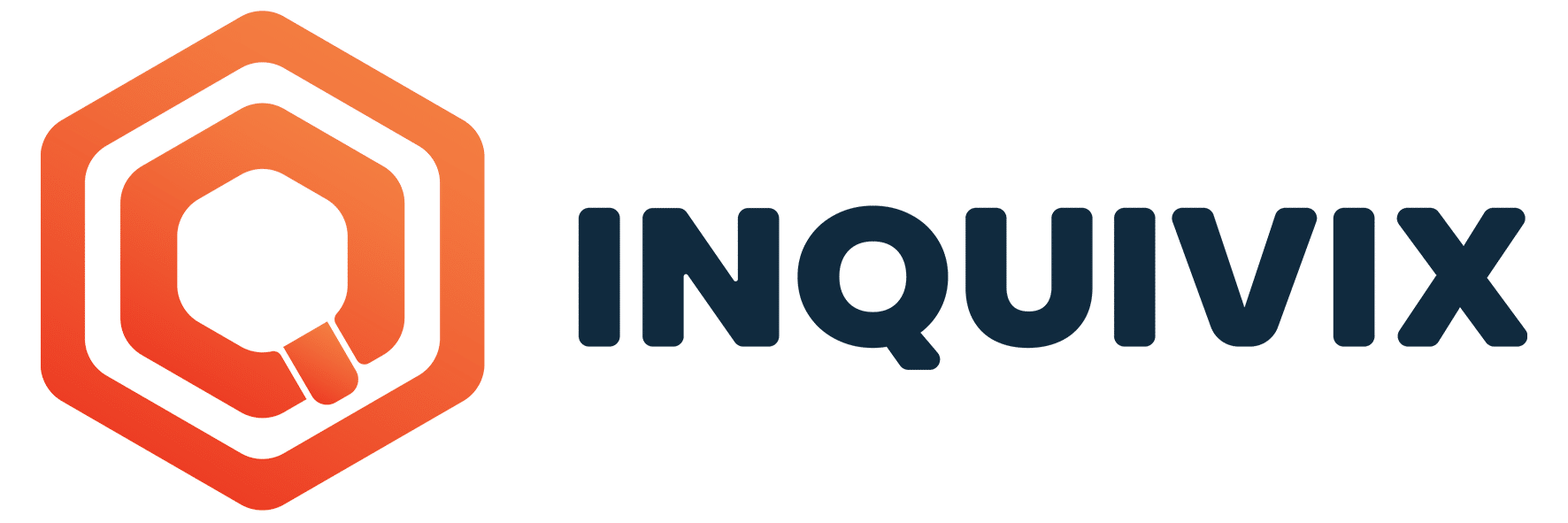Inquivix HQ
1-903, 18 Eonju-ro 146-gil,
Gangnam-gu, Seoul, Korea
06057

The South Korean market is adapting to the digital era the best way it can with innovation as well as policy regulations to safeguard the consumers. Today’s update brings you the changes in the overall internet functionality with the introduction of web browsers’ 100th version and new data policies, both global and Korean, that will have an impact on digital advertising. The Korean eCommerce industry is making headway with new distribution channels while trying to keep up with the high demand for skilled IT developers. Naver on the other hand has made great strides with its ‘Premium Content’ platform and ‘Smart Store Loans.’
1. Initiation of the US Targeted Advertising Prohibition Act

Last month, the U.S. House of Representatives introduced a bill to prohibit targeted advertising to customers. This legislation prohibits digital advertisers and advertising agencies, such as internet platforms, from running targeted advertisements based on consumer behavior. Meta, which relies on advertising for more than 95% of its sales, is expected to walk a thorny path until it finds a new revenue model. However, if the Targeted Advertising Ban Act is passed, it will significantly impact Google as well which holds a 30% share of the global digital advertising market.
2. Naver Gives Paid Creators a Leg up by Opening ‘Premium Content’ to Them

Naver has officially launched their paid content platform, ‘Premium Content’. Premium content is a paid platform that allows creators to sell content on Naver and users to subscribe easily. It was released as a beta version in May of last year and was only available to a few content creators affiliated with Naver. It’s now open to anyone who may want to generate profits by creating competitive material. It includes features such as content publication, sales, data analysis, and settlement based on Naver’s technology. To offer a better service, subscriber management and communication functions have also been updated.
According to Naver, over 200 new channels have been created since the beta was launched. Over the last several months of beta service, premium content transactions have risen to 480 million. According to Naver, there were at least 20 channels with more than 1 million won in monthly revenue, as well as one channel that earned more than 10 million won per month.
3. Personal Information Commission Will Release New Guidelines for Customized Advertising

The Korea Personal Information Protection Commission is overhauling the ‘Customized Advertising Privacy Guidelines’. As the country’s data protection authority, it will revise and release the guidelines for third-party cookies within the first half of this year. This is due to the fact that while technological advancements and the hyper-connected digital society provide convenience for people, there is an ongoing debate about whether or not privacy and data sovereignty are being infringed through careless and personalized advertising.
Last year, the committee undertook an in-depth inquiry into the invasion of personal information in the domestic market, including personalized advertisements. The ‘Customized Advertisement Privacy Guidelines,’ which had been revised to match ever-changing market conditions, will be further updated as a result of this fact-finding survey. The panel has also submitted a second amendment to the Personal Information Protection Act, which will call for improved information transparency on when and where your personal data is utilized.
4. IT Developer Recruitment War with the Growing E-commerce Competition

With the e-commerce industry’s quick growth, the retail sector, which is embracing digital transformation rapidly, is fighting hard to retain IT developers. To recruit IT developers, many organizations are offering lucrative incentives such as stock options or large signing bonuses to entice top talent. A “war without guns” appears to be underway to win over this coveted pool of skilled workers.
It is not just about selling items on an internet store; it’s also about developing your own algorithms that may provide services suited to consumers’ preferences, according to a spokesperson from an eCommerce firm. Due to the nature of e-commerce, IT development is required for service growth, therefore there is always a shortage of labor, but it’s tough to find someone new. The price of hiring a developer is increasing.
5. Naver’s Online Transactions Increase with “Smart Store Loans”

Naver Financial stated that “smart store business loans” have aided small company owners in making sales. It showed that businesses that took out loans had the transaction amount increased by 97.9% and the number of products increased by 261.1%, on average, compared to those that did not take out loans. The rise in the products sold using loans was also beneficial to sales growth, according to the report.
6. Website Failure Expected with the Launch of Chrome and Firefox 100th Version

The 100th versions of Google Chrome and Firefox were anticipated to generate problems on global websites. User agents (UA) used by a number of websites have warned that they will fail to recognize three-digit numbers and produce errors when the 100th version of the Chrome and Firefox browsers is released. This year, Chrome and Firefox will both release their 100th version. The most recent versions are Chrome 98 and Firefox 97. On March 29th, Chrome will debut the 100th edition, while Firefox will do so on May 3rd.
When switching from single-digit UAs 1 to 9 to double-digit UAs 10, an issue had already occurred. Because Opera 10, which was launched in 2009, did not render websites normally, certain websites displayed Firefox 10 as “Firefox 1.0” and were not rendered at all in Firefox 10. This might happen with the 100th browser.
7. GS Retail to Gain Growth through Quick Commerce

GS Retail was disappointed by its efforts to create synergy by merging with Home Shopping last year as it did not meet the expectations. This appears to be giving Quick Commerce a boost, which has emerged as a new engine for local vendors that provide online purchases within an hour. Major supermarket corporations and food delivery services presently sell only groceries through their quick commerce platforms, but they intend to increase revenue by increasing product variety. The entrance of Yogiyo into the quick commerce business has attracted industry attention. The combination of nationwide convenience stores and Yogiyo is expected to dominate the market instantly.
Last year, GS Retail recorded an operating profit of 208.3 billion won, which was a decrease of 17.5% from the previous year. Sales, on the other hand, rose 10.2% to 9.76 trillion won in the same period. It was the first earnings statement following GS Home Shopping’s acquisition in July 2017, but it did not meet expectations.
Conclusion
With many social platforms releasing user behavior data to third parties have given rise to an immediate concern about data privacy. The US authorities are debating on introducing data privacy protection legislation that will directly affect targeted advertising campaigns. If implemented, this will affect all the major companies that depend on digital advertising such as Meta and Google. Following this lead is South Korea with the ‘Customized Advertising Privacy Guidelines’ which will restrict releasing data to third parties. While the countries are strengthening their data protection policies, a major website failure is expected due to the introduction of the 100th version of Chrome and Firefox.
